As the boat approached the shore of Innisfallen, the largest island on Killarney’s Lough Leane, Robert Roberts’ oars sliced through the still waters with ease. An experienced boatman from Clovers Lane in Killarney, Roberts knew the lake well, particularly the short crossing from Ross Castle to Innisfallen, where St Finian had established a monastery in the seventh century. His passengers on that sunny Friday afternoon on 17 August 1922 were two medical orderlies with the Free State Army, who were enjoying a day’s leave.
Eighteen-year-old Cecil Fitzgerald and twenty-year-old John O’Meara, both from Galway, had joined the army just a few months previously and had recently been posted to Kerry with the First Western Division and assigned to its medical corps.
The stillness of the waters around the island of Innisfallen offered some short respite from the war, which was taking hold in Kerry. Robert Roberts slowed his oars and steered his boat towards the shoreline.
As Fitzgerald and O’Meara stepped onto the sand, the deafening sound of the first gunshot reverberated across the lake. Two concealed snipers on the island fired upon the two orderlies and ‘they reeled back dead’.
Roberts was wounded, but he managed to push away from the shore and row at pace back to the pier at Ross Castle.The Free State Army garrison at the Great Southern Hotel in the town was alerted and troops were transported to Innisfallen to search for the assailants, who were never found or brought to justice.
‘Big crowds assembled’ to see the remains brought back to the Killarney, reported the Saturday Herald, and as the coffins were removed to the church, ‘the whole town turned out for the cortege’.
The report added that although the victims were off duty, they were wearing Red Cross armbands when they were killed.
The murders were condemned at Mass in Killarney for their brutality and viciousness, and the Bishop of Kerry, Charles O’Sullivan, published a condemnation of the deaths: ‘No language can be strong enough to denounce this atrocious crime. Even the infidel Turk respects the Red Cross. To add to the infamy of this revolting crime, the assassins, we are informed, sacrilegiously made use of the sacred ruin in Innisfallen, known as the Oratory, to effect their murderous decisions.’
Cecil Fitzgerald, the younger of the two men killed, was the eldest of nine children. A neighbour visited his mother bearing a newspaper with ‘the account of his death in it’, the first she learned of her son’s killing.
As her husband was a retired RIC officer in receipt of a pension, Mrs Fitzgerald was denied any compensation for the death of her son because of the family’s means. On the first anniversary of the two men’s deaths, the local branch of the pro-Treaty women’s organisation, Cumann na Saoirse, arranged Mass for the deceased at the Franciscan Friary.
‘No Middle Path: The Civil War in Kerry’ by Owen O’Shea will be published by Merrion Press in November 2022

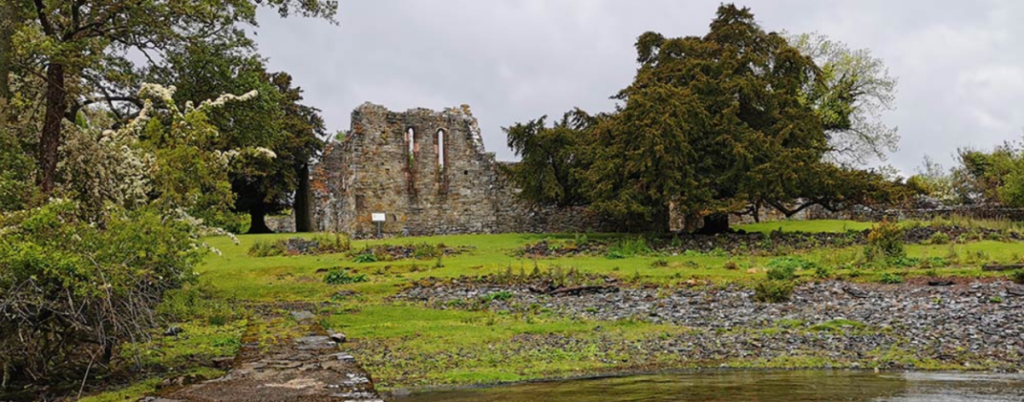



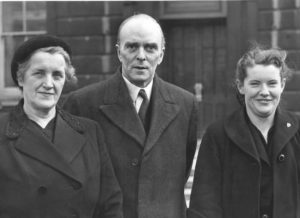
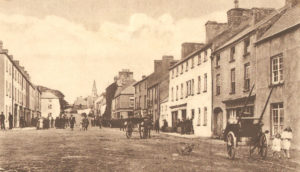
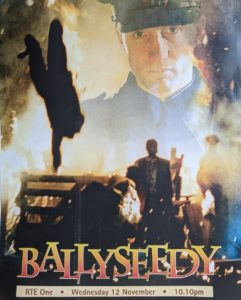
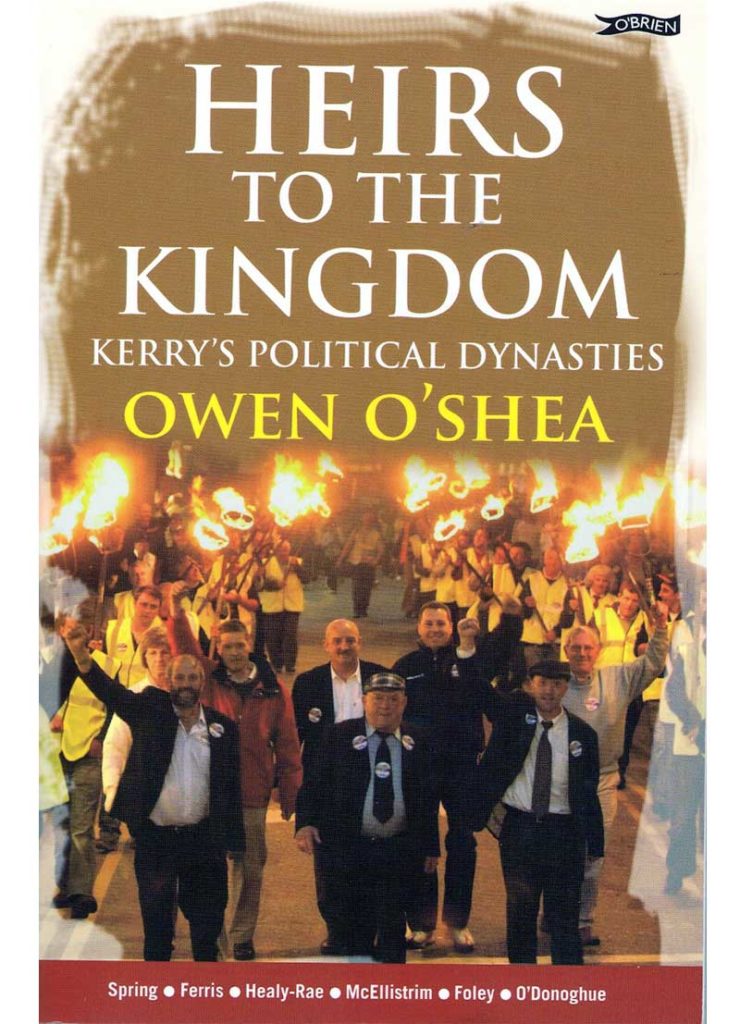
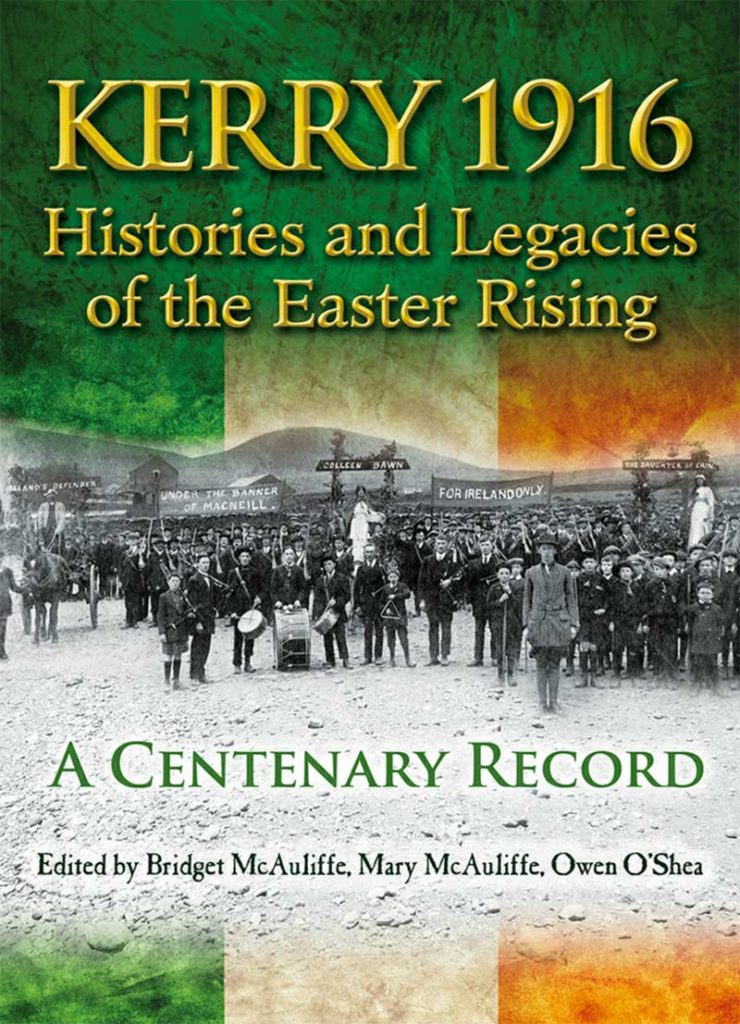
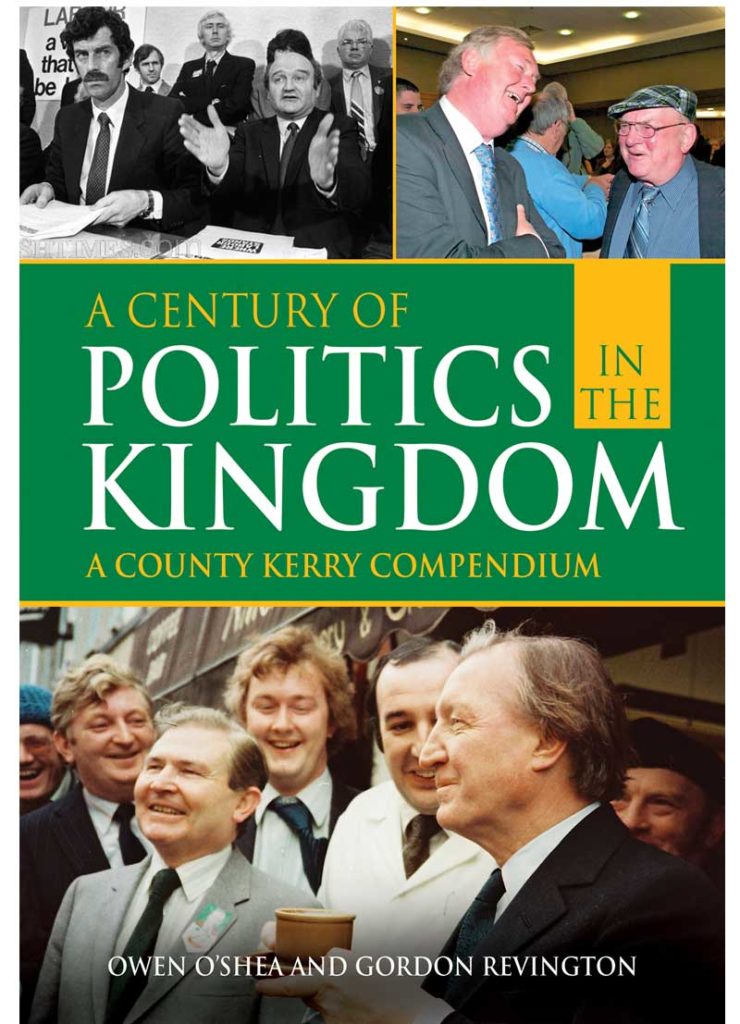
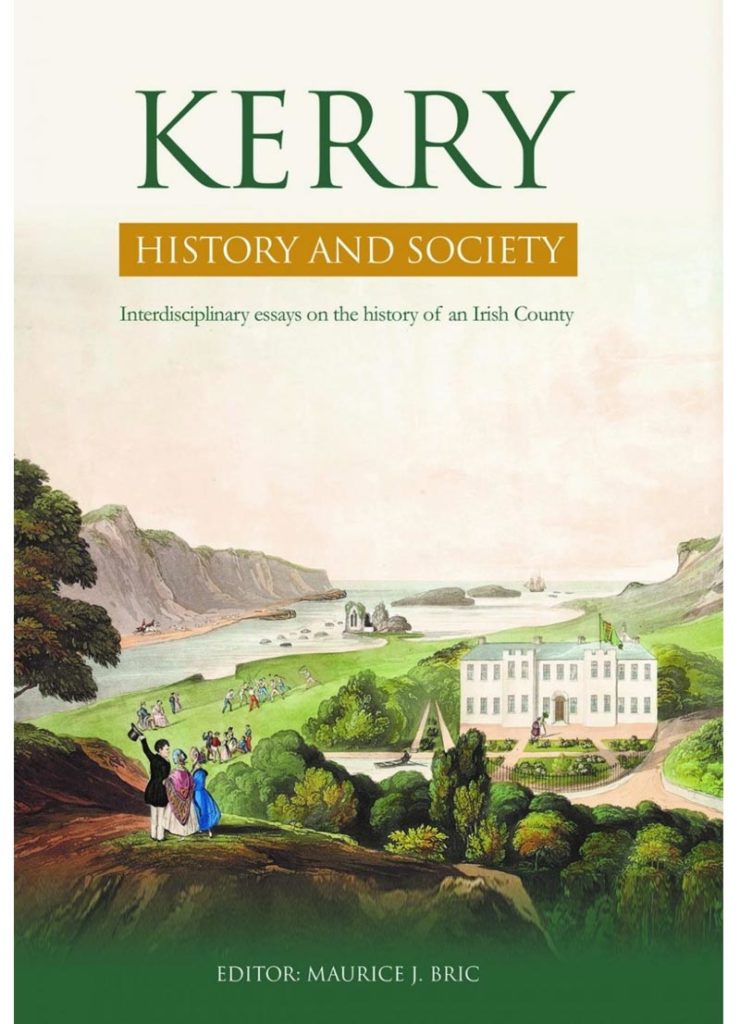
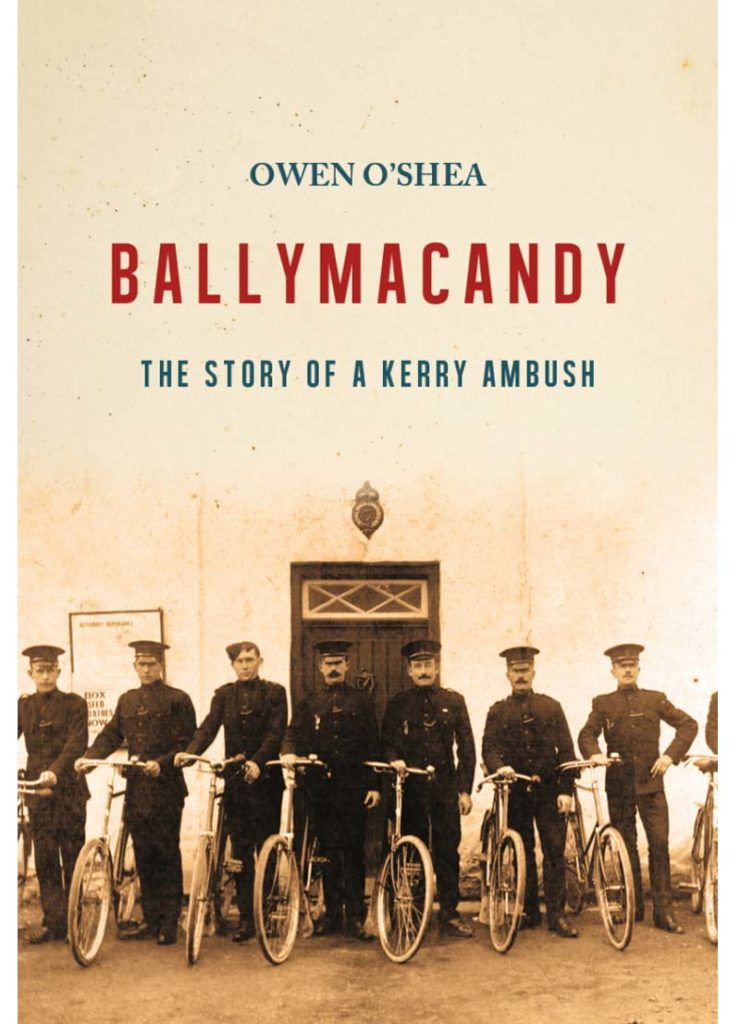
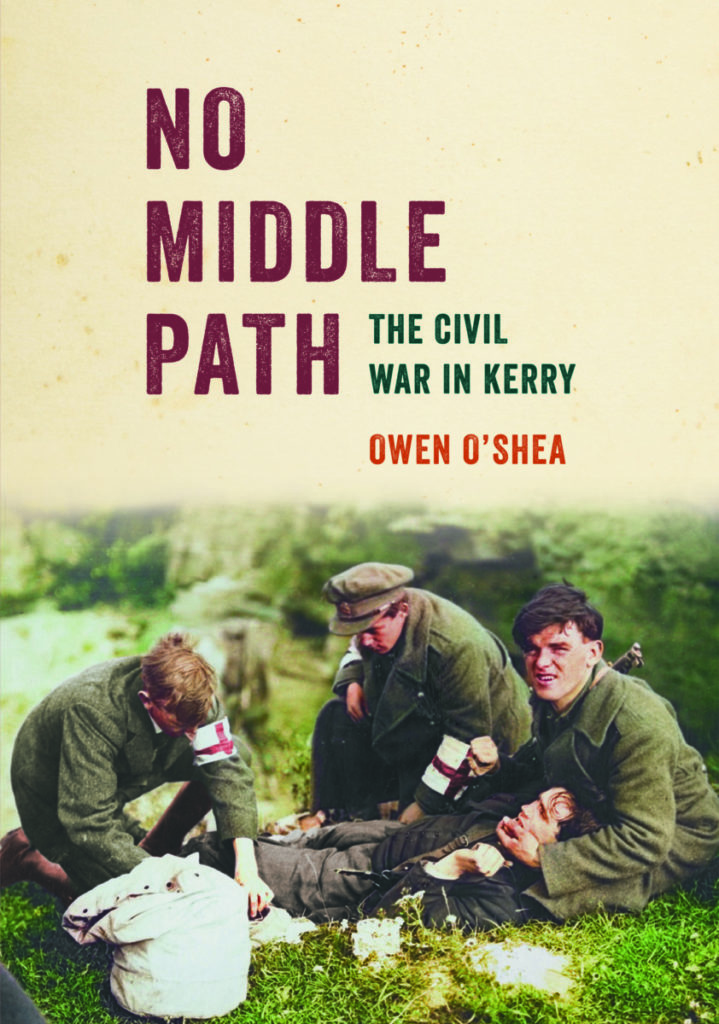
Simply a brilliant read. Great credit goes to you Owen and all our history enthusiasts